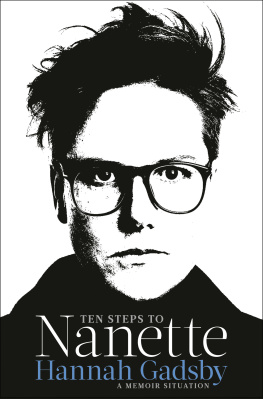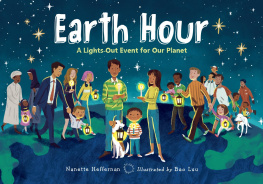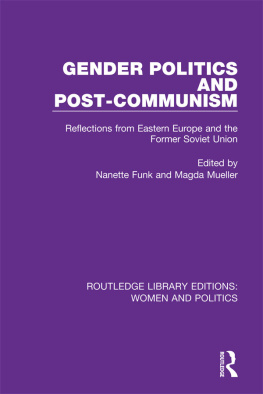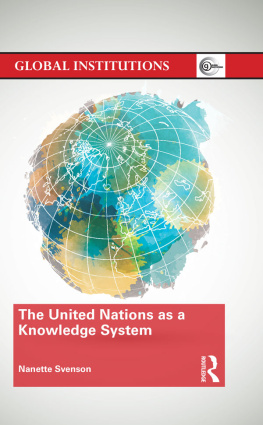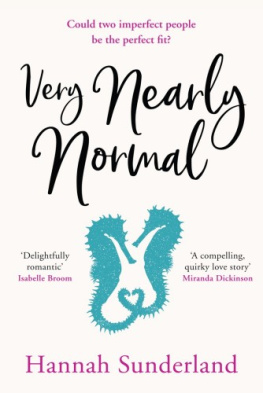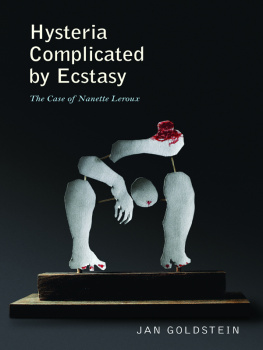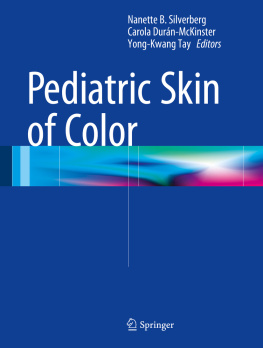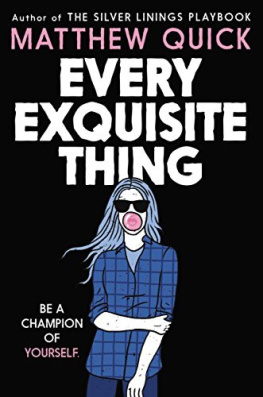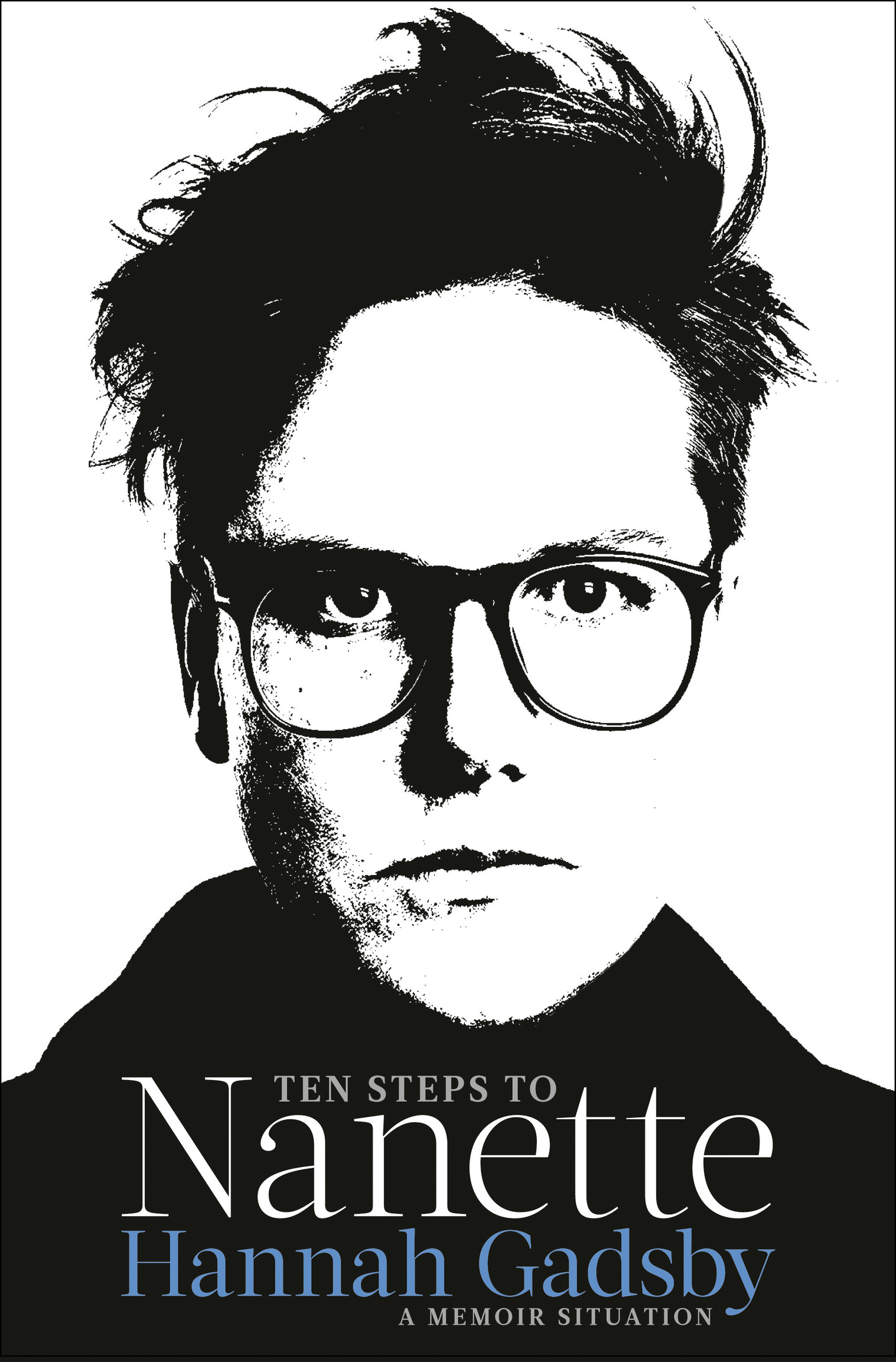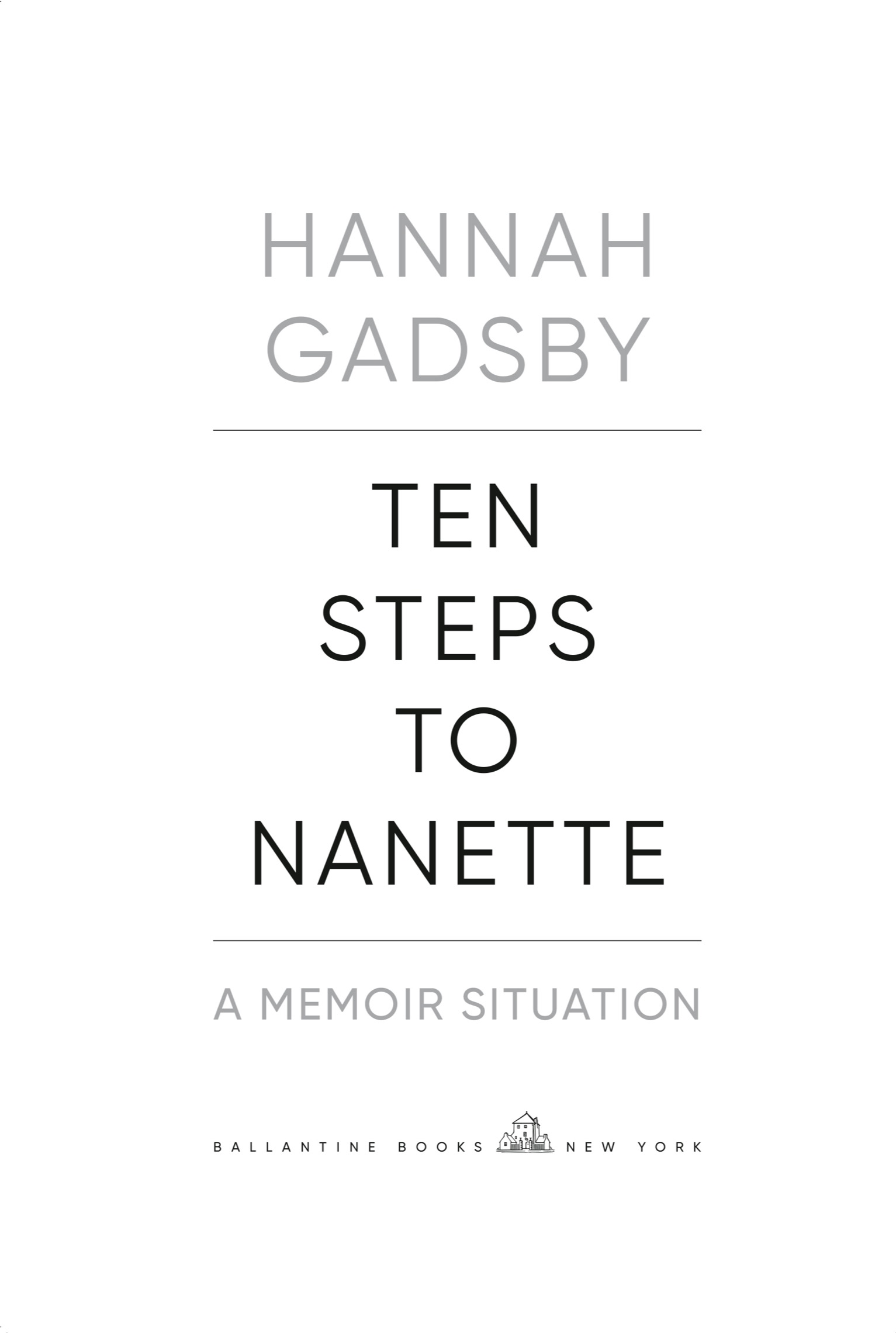All rights reserved.
Published in the United States by Ballantine Books, an imprint of Random House, a division of Penguin Random House LLC, New York.
Ballantine and the House colophon are registered trademarks of Penguin Random House LLC.
Art is restoration: the idea is to repair the damages that are inflicted in life, to make something that is fragmentedwhich is what fear and anxiety do to a personinto something whole.
Introduction
Technically, this is my second book. But I wouldnt bother trying to find a copy of my first effort as it was only published in an edition of one, and Ive misplaced it. This is no great loss to literature because my first book was a very bad book. Although, I shouldnt be too hard on myself, the story does have a bit of charm considering I was only seven years old when I penned it. But as a stand-alone piece of writing, it is terrible. Even the title is bad:
How Siffin Soffon became friendly with a Dragon. Part One
I put a spoiler in the title. What a fool. Why would you bother reading a book when you already know that no matter how dramatic the narrative twists and turns might be, Siffin Soffon and the Dragon will eventually end up on pretty good terms.
Clearly, I had an epic series in mind when I added Part One to the title, but sadly I never got round to writing the second instalment. Even so, one would assume Id have left the reader with a cliffhanger so as to whet their appetite for Part Two, but no, Part One ends with Siffin Soffon and his new dragon pal waving a happy goodbye from the pleasant shores of Holiday Island. No wonder I never got round to writing the sequel, I couldnt even think of a name for an island beyond the singular purpose Id invented the island for. I was clearly all out of ideas.
I suppose you might want to read the book just to find out who this Siffin Soffon character is, but here, again, youll find my writing falls short because, apparently, I didnt think it was necessary to offer a description of the central character of my novella. My accompanying drawings could have been enlightening, but again, ambiguity reigns; Siffin Soffon begins his epic journey as a carefully executed, albeit childishly rendered, little red goat, but by the time he becomes friendly with the Dragon he is just a lazy tangle of orange squiggles because Id grown bored of drawing and had also, presumably, lost the red pencil. Fortunately, I do have some insider knowledge on this matter, and I can report that Siffin Soffon was neither a red goat nor an orange squiggle, he was the imaginary friend of my older brother, Hamish, and according to him, Siffin Soffon was a tiny footballer who lived in the toilet with his best friend Kinnowin.
When the one copy of my very bad book found its way back to me recently, I was inundated with a cluster of memories that I didnt even know I had. Im not talking about repressed memories, they didnt return with a shocking jolt, they just quietly worked their way to the front of my thought queue as if theyd never left.
The cover, two pieces of red cardboard bound by masking tape, had faded and softened over time, but my poorly planned title still looked as if it had only been poorly executed just yesterday. As I held it in my hands, I recalled how angry seven-year-old me had become the moment I realised that I didnt have enough space for the last six words of the title, and I felt the heat of my self-admonishment rise as sharp as if thirty-five years had not passed. Flipping through to the back page, I saw the note of praise written by the vice principal next to a reward sticker of the Pink Panther curving himself around a giant pen with the words Well Done! spilling from its point. I remembered how lovingly Id traced around the sticker with my finger, almost bursting with pride. I also recalled that I had felt a little bit annoyed that it was only the vice principal, and how Id wondered what the hell I had to do to get the principals attention. I could also remember how my teacher had insisted she write my story out for me because I was too young to have my pen licence and how she had then insisted that I read my story to the whole class, and how everyone in my whole class had HATED both me and my book. I dont blame them. It was, after all, a very bad book.
The return of my literary debut stirred up memories that went well beyond the object itself, and included the emotional roller coaster that had precipitated my urge to put pen to paper. It had all begun with my obsession with Hamishs imaginary friends and the mounting distress I felt because they didnt want to be my friends too. I hadnt known what imaginary meant and had just assumed that Hamish had cool friends who refused to talk to me, which made for many toilet-time tears. I also remembered how, after it was explained to me that Hamishs friends lived inside his head, I had asked if I was allowed to imagine Siffin Soffon too, and when Hamish said no, Id burst into tears again and this prompted Hamish to offer me the thoroughly unacceptable compromise of the imagined friendship of Kinnowin. I did not accept, because I only really wanted Siffin Soffon, who Id imagined was a little red goat and had managed to convince myself that I could sometimes hear him clip-clopping on the plumbing. I did not care for Kinnowin, I hardly knew her, I didnt even know what she looked like.
I also remembered how, at one point, Id attempted to conjure my own imaginary friends and began galloping about on my horse, Sergeant, while chatting to my good friend Mr. Dog, who was a dog Id obviously named in the tradition of Holiday Island. It was not a winning moment, as I could only recall how profoundly foolish I had felt because I knew my friends were not real, and, to make matters worse, I had imagined them to be incredibly large chaps, which meant I still didnt have any friends to talk to in the toilet. I dont know what to call my next move, as I dont think it is possible to kill beings that do not exist, so lets just say that I ghosted Sergeant and Mr. Dog, violently. It felt humane at the time, but really, I just wanted them out of the way so I could try my luck with Siffin Soffon again.
After my needless imaginary horse-and-dog ritual sacrifice, Hamish told me I was too late. His friends were gone. When I pressed him for their whereabouts, he very sombrely reported that they were in Heaven helping God. Throughout my childhood and well into adulthood I worshipped Hamish and it often felt, painfully so, that he deliberately abused the power that he had over me. But when I remember episodes like this, I know that simply couldnt be true of a small boy who not only assumed that God would need the help of tiny football players but who also felt such levels of loneliness that he had to invent friends he could talk to, and poo on. He clearly had issues of his own.
Despite all these memories returning with such wonderful clarity, the story itself failed to ring a single bell in my brain. It was so unfamiliar, in fact, that the ending would have come as a complete surprise had I not spoilt it with the title. Another striking element of the very bad book that I dont recall authoring was the high level of violence, bloodthirst and death it contained, not to mention how matter-of-factly seven-year-old me described the guts and gore of it all. I should have been given counselling, not a Pink Panther sticker.

